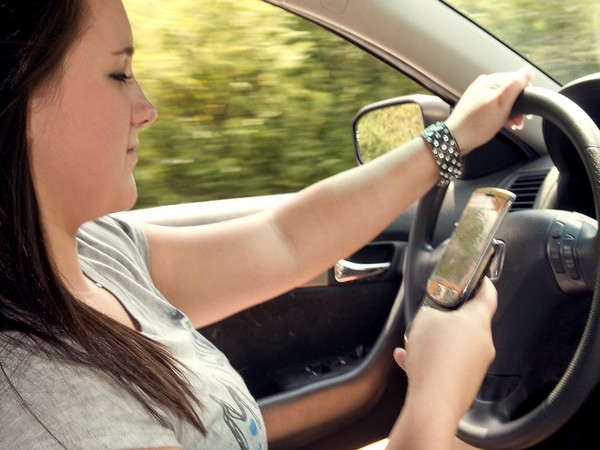Washington: A recent study has claimed that millennial parents are more likely to read text messages while driving than older parents. However, there is no difference in writing texts or for crash rates between the two groups.
Known for their significant cell phone and technology use, many millennials (born 1981-1996) are now young parents. Investigators from Brigham and Women’s Hospital sought to understand and compare the texting and driving patterns of millennial parents versus older parents.
“My hope is that we can find solutions that prevent deaths and injuries from motor vehicle crashes. When patients arrive in our emergency departments and operating rooms, it is often too late,” said Regan Bergmark, lead author of the study.
Researchers completed a cross-sectional national survey of 435 parents with a validated survey instrument, the Distracted Driving Survey (DDS).
The survey included questions about text message reading and writing, use of e-mail, social media, and maps while driving, and speed while performing these tasks.
Millennials had higher DDS scores than did older parents, reflecting more reckless behaviour. Millennial parents were more likely to read text messages than older parents, but there was no difference for writing texts or for crash rates between the two groups.
“We found that millennial-aged parents reported riskier distracted driving behaviour than older parents, although distraction was prevalent in both age groups. We found that most parents, regardless of age, reported reading and writing texts while driving in the past month,” said Bergmark.
Less than a quarter of all parents surveyed reported either being asked by their child’s pediatrician about texting and driving or using an app or program to limit texting and driving. The authors have conclude that both are areas for potential intervention.
“I think parents likely know the risks of distracted driving. More than half of parents surveyed said they believe they are safer drivers when their kids are in the car, and two-thirds said they use their phone less when they have their kids in the car,” said Bergmark.
“We believe there is an opportunity to change behaviour by engaging with parents more directly through their children’s paediatrician about distracted driving and having apps or programmes that people can commit to using,” Bergmark said.
[source_without_link]ANI[/source_without_link]

